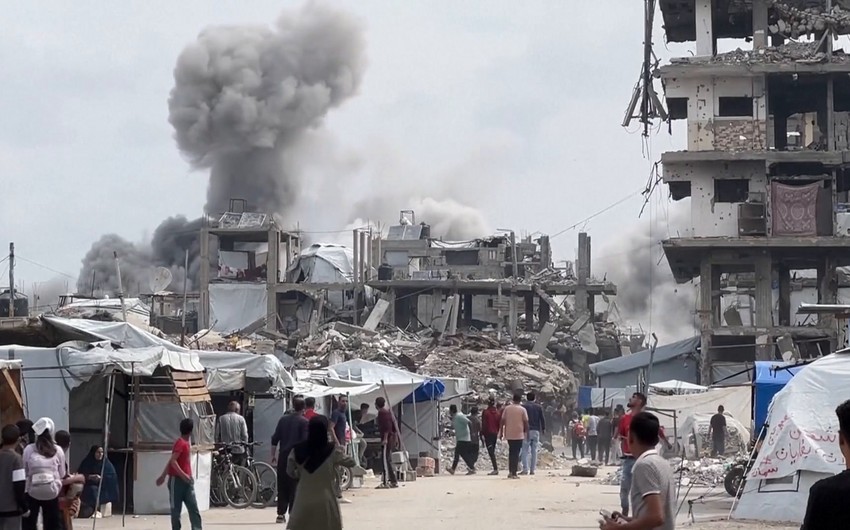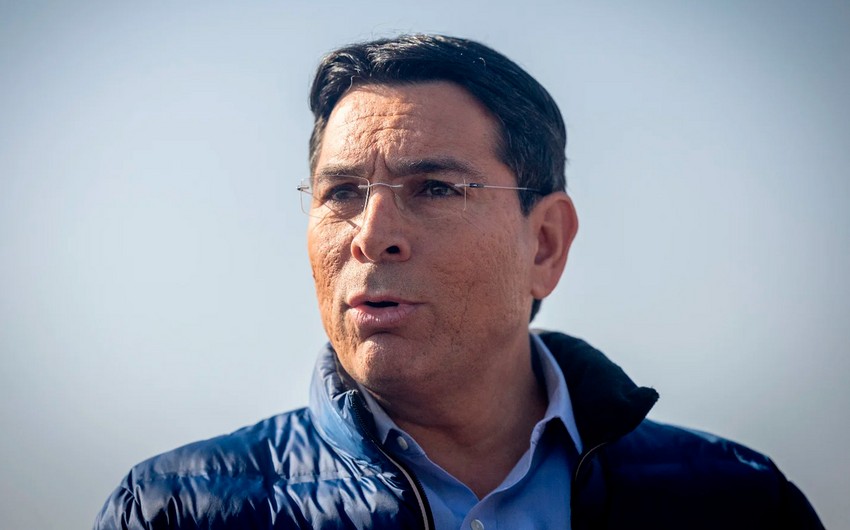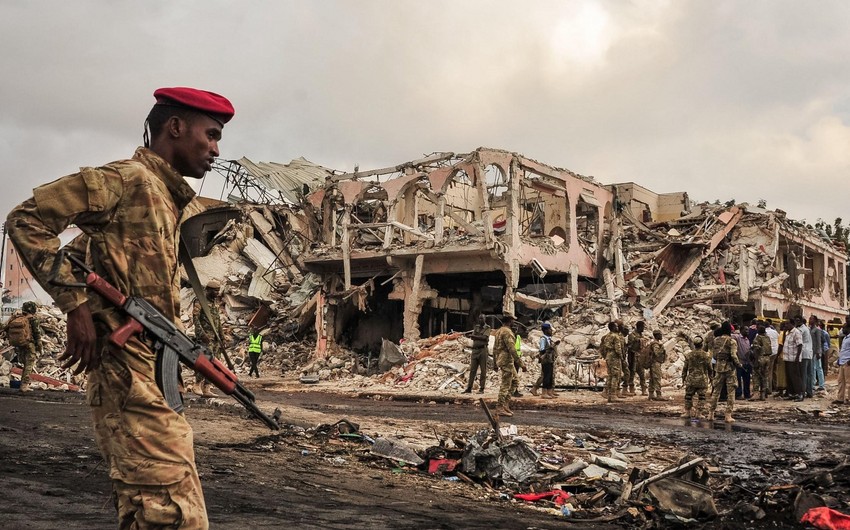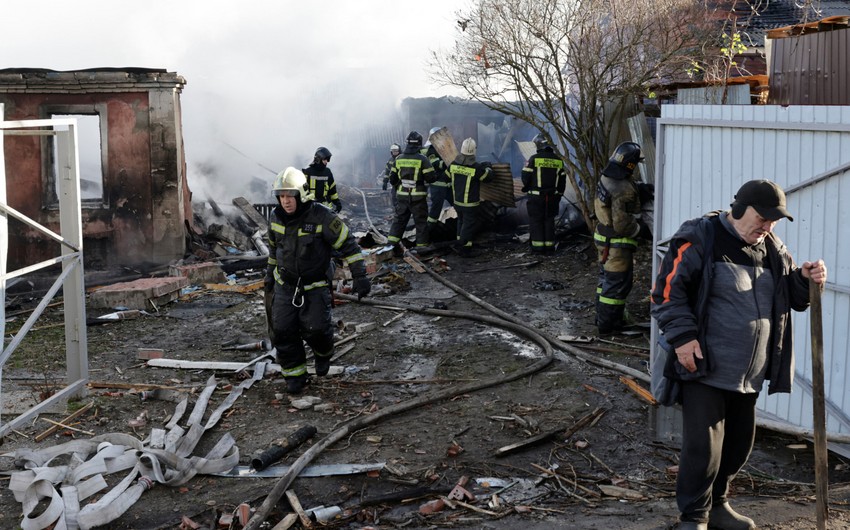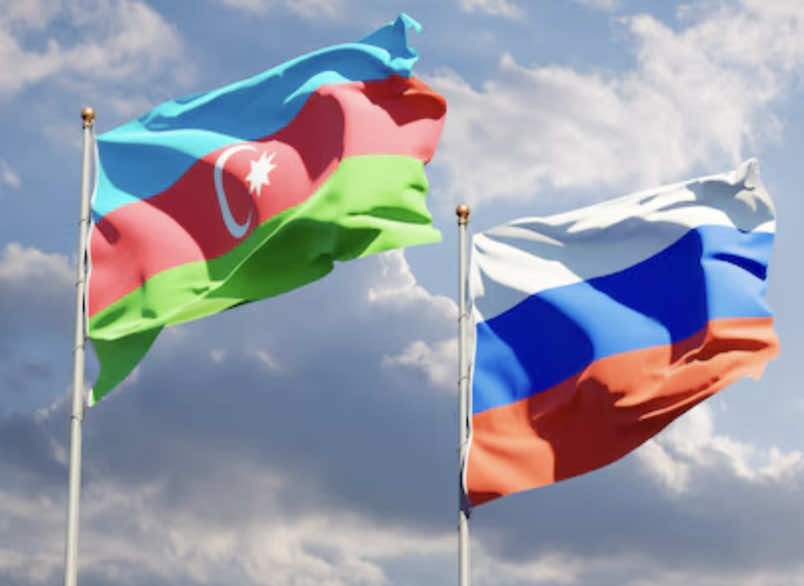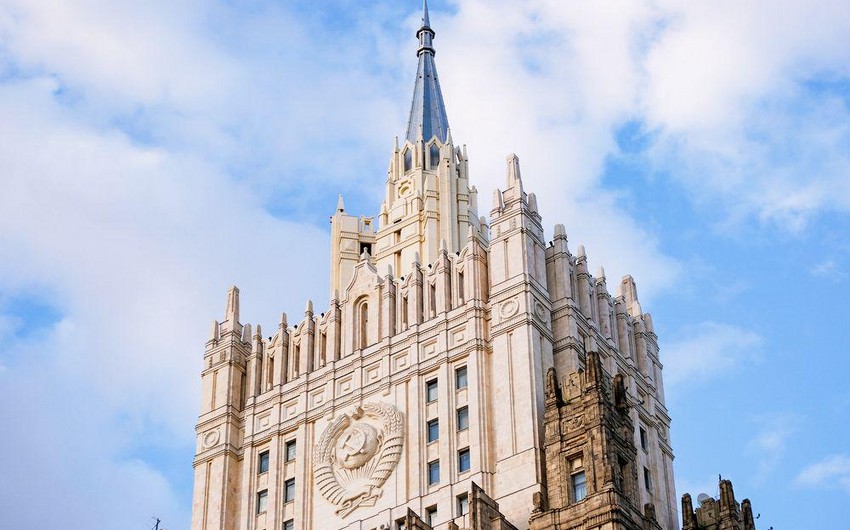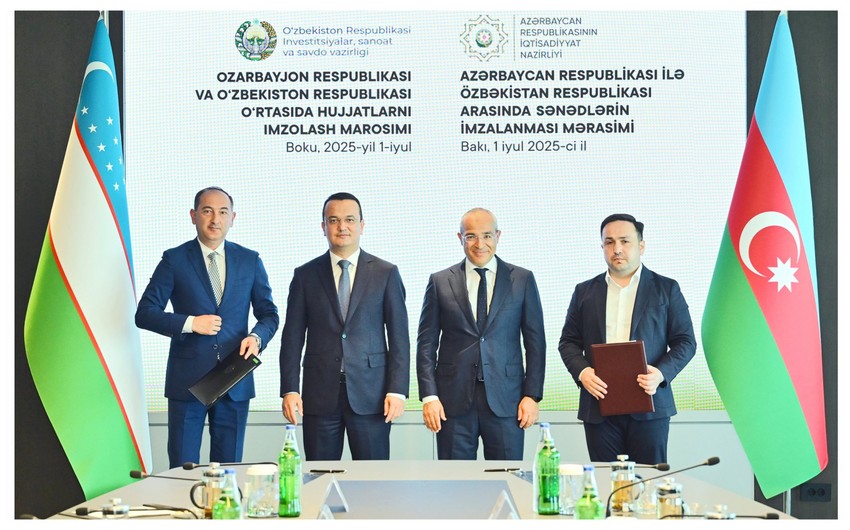“Genocide is a heinous crime against humanity”, Israeli journalist, political expert Abram Rachel says: - "In 1992, 613 innocent people - women, men and children - were killed just because they were Azerbaijanis. Many people were raped and tortured. The captives were fed snow. The humanitarian corridor in Khojaly was essentially a trap. It was like a death march. If we want to fight genocide and massacres, we must be resolute. We must not remain silent about this, and if we do not oppose the genocide now, this tragedy will happen to another nation in the future. I think that this problem is not well covered in the West today. This situation must be changed. "
The witness of Khojaly, military journalist Richardas Lapaitis still cannot forget the horrors of that day: - “Khojaly leaves all wars behind with its cruelty. This is a painful subject for me. I was 23 years then. It was the first time I was at war and I was not ready for it. The attack on Khojaly was not an ordinary attack; it was fully prepared in advance. A curfew was declared in all of Armenia in the evening. The shooting was deliberately stopped on February 25 to calm people down, it was a deceptive silence. Khojaly had a population of about 7,000 ... The weather was very cold. As a result of a miracle, I went to a hostel in Aghdam. There was no water or electricity. I was among the residents of Khojaly who could be saved by a miracle. The morning was terrible. The Aghdam mosque, which is now in ruins, was very sacred that time, because it was washed away by the blood and tears of the Azerbaijani people. They brought the corpses to the mosque. There were 70-year-old women and children among them. One of the corpses had no head, part of the skull, the eyes had been removed. They brought girls at age of 5-6, apologies, but they were completely naked. They had cut and puncture wounds on their backs and necks, their kidneys were hanging, the back of their heads had been cut off with an axe, and there were scars. Most of the bodies were burned. 598 hands and feet were amputated. I looked at the corpse of a woman, she was dressed, but it was not known what she was wearing. Most of them stood up with their hands frozen and their eyes open. Apparently, they were lying on the ground shouting and trying to protect themselves from being harmed. When the corpses were washed, blood flowed down the street. Many people around, including the military, were crying. There was a terrible scene in Aghdam hospital. Frozen, wounded, beaten people, young girls who could not get out of the blockade by a lack of chance...
Armenians sold the corpses to their families and close relatives in exchange for grain and gasoline. The captives were not human beings, they were like wandering zombies, their hearts, faith were broken, and they had lost their souls. Armenians found and killed prisoners of war and those who helped the population to flee. The captives were shocked when they were seeing their teachers, classmates, police and neighbours of Armenian nationals among the torturers. They could not understand how it happened. Armenians had been preparing for this scenario for years. Most people returning from captivity committed suicide. Women did not get married.
Gulnara Mammadzade, Deputy Director General of Trend News Agency, said that it is now a very crucial time: - "The world must recognise Armenian fascism. Azerbaijanis return to their lands. Now is the time to bring to justice the perpetrators of Khojaly. Armenian society is in a revanchist mood. They do not understand responsibility."
"When the Armenians left our regions where they lived illegally, Azerbaijan created humane conditions for them. However, the Armenians burned and mined what did not belong to them. They are again the cause of chaos and war in the region. I believe that the international community must prosecute the Armenian military."
Russian historian and lawyer Oleg Kuznetsov has said that this was not only a crime against humanity, but also a visible side of the terrorist iceberg in Syria. "During the Khojaly genocide, the commander of the Arabo battalion of terrorists from the Middle East, especially Lebanon and Syria, Monte Melkonyan, a US citizen of Armenian descent, and his right-hand man, Jirayr Sefilyan, were at the forefront of Armenian terrorism.
Khojaly witness, a reserved Colonel Asad Farajov speaks: - "I headed the anti-terrorist unit in special units in Afghanistan," he said. I worked as a military expert on Karabakh under the auspices of the President. We were in Agdam on the day of the Khojaly tragedy. One of the Armenian battalions was led by Seyran Ohanyan. Speaking about his crimes against civilians, Sargsyan said, "We have changed stereotypes. Azerbaijanis thought that we would not commit crimes against the civilian population. This person is talking about terrorism. The humanitarian corridor they provided was just a trap.
Later, Chingiz Mustafayev and I came to the area by helicopter and filmed events. We were shocked by what we saw. Next time, French, Iranian, Turkish and Russian journalists came with Chingiz. Journalists were shocked, cameramen were crying. On our second visit, we saw some of the corpses had their scalps removed, their ears and fingers torn off, and deformed. Then I asked the Armenian killers why they came back when they were taken as hostage. They said that the Armenians gave us extra money to do so.
We wanted to revenge. Under the command of Allahverdi Bagirov, the head of the Khojaly self-defence group Shirin Mirzayev, Qatir Mammad Yagub and Ilham Orujov released prisoners of war. Qatir Mammad's son Janpolad was killed in the battle. He did not leave the battlefield in order to bury his son's body.
Israeli international relations expert Arye Gut: - "Every year I ask myself what we could and could not do about Khojaly. I can say that we have done a lot. With the initiative of Azerbaijan House in Israel I have recently written 20-25 articles. Together with my father, with the support of the Heydar Aliyev Foundation, a novel called "Pain" was published in 5 languages. This book is based on the testimony of Khojaly witnesses. Khojaly criminals must be brought to international court. We must take on this mission," A.Gut added.
The Ombudsman of the Republic of Moldova, a member of the Moldovan Bar Association Aureliu Grigoriu also said that Azerbaijan must take decisive steps to open a criminal case on Khojaly: “There is all the evidence. This work must be completed."


